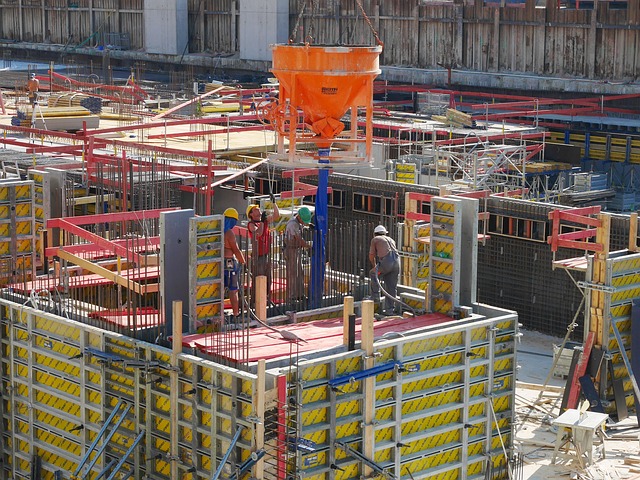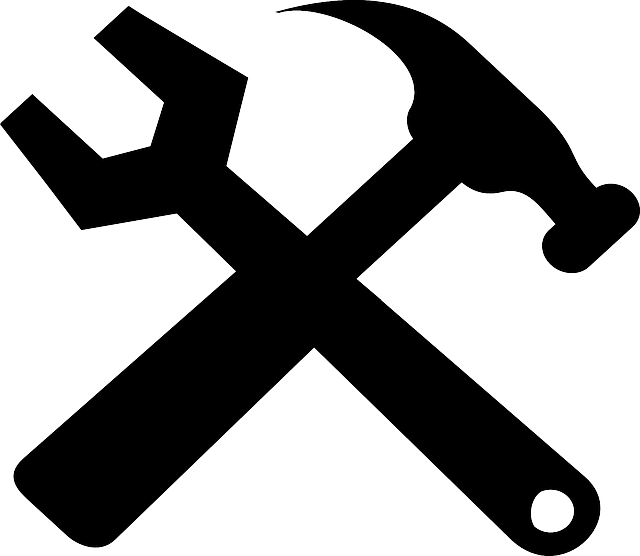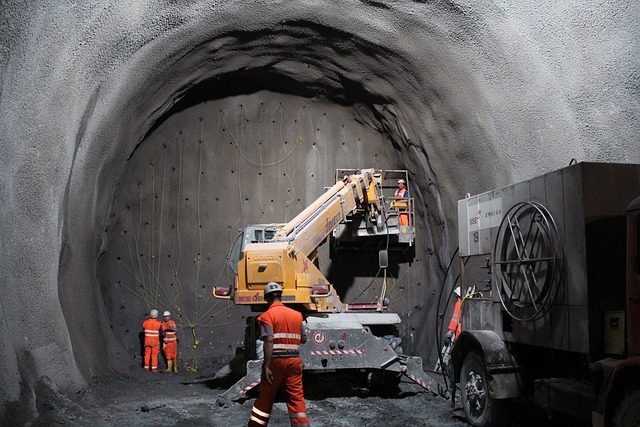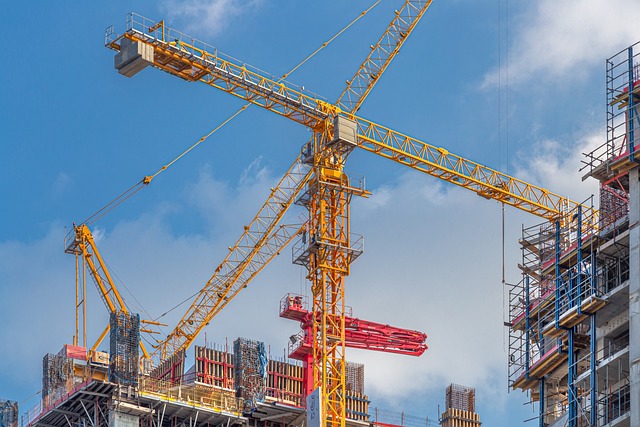Construction equipment loans are crucial for businesses in the construction industry, requiring borrowers to navigate key factors such as financial health, project feasibility, and equipment value. By preparing detailed business plans and providing strong asset utilization plans, companies can access capital for expansion. Understanding eligibility criteria, interest rates, and repayment terms is essential for effective financial planning. Strategic approaches like assessing financial health and building relationships with lenders can lead to optimal financing strategies tailored to specific equipment purchases.
Understanding construction equipment loan requirements is paramount for any project’s success. This comprehensive guide delves into the essentials of construction equipment financing, covering basics like loan types and eligibility criteria, key agreement components, and favorable interest rates & repayment terms. Additionally, discover effective financing strategies to navigate the market effectively. Whether you’re a contractor or investor, mastering these requirements is crucial for securing the best construction equipment funding.
- Construction Equipment Loan Basics: What You Need to Know
- Eligibility Criteria for Construction Equipment Financing
- Key Components of Construction Equipment Loan Agreements
- Interest Rates and Repayment Terms in Construction Loans
- Strategies for Securing the Best Construction Equipment Financing
Construction Equipment Loan Basics: What You Need to Know

Construction equipment loans are a crucial financing strategy for businesses in the construction industry, enabling them to acquire and upgrade essential machinery and vehicles. These loans are designed to support contractors, builders, and developers by providing access to capital for purchasing heavy-duty machines such as excavators, cranes, bulldozers, and more. Understanding this type of financing is essential for anyone looking to expand their construction business or embark on significant projects.
When considering a construction equipment loan, several key factors come into play. Lenders will evaluate the borrower’s financial health, project feasibility, and the value and condition of the equipment being purchased. A solid understanding of these requirements is vital to ensure a smooth lending process. Borrowers should prepare detailed business plans, financial statements, and appraisals of the equipment to demonstrate their capability to manage the loan effectively. This strategic approach ensures that construction businesses can access the necessary funds while meeting lender expectations.
Eligibility Criteria for Construction Equipment Financing
When considering construction equipment financing, understanding eligibility criteria is a crucial step in your loan journey. Lenders will assess various factors to determine if you and your project meet their standards. One key aspect is your business’s financial health; lenders often require a solid track record of profitability and stable cash flow to mitigate risk. This includes reviewing income statements, balance sheets, and cash flow projections to gauge the stability and growth potential of your construction business.
Additionally, lenders will consider the type of equipment you’re seeking to finance and its intended use. They’ll assess if the equipment aligns with their lending policies and if it’s a practical investment. Providing detailed information about the equipment, its purpose in your projects, and its expected lifespan can help demonstrate a sound financing strategy. Demonstrating a clear plan for asset utilization and repayment capability is essential to meeting eligibility criteria for construction equipment financing.
Key Components of Construction Equipment Loan Agreements

When entering into a construction equipment loan agreement, several key components are essential for both borrowers and lenders to understand clearly. These agreements typically include detailed information about the specific equipment being financed, the loan amount, interest rates, and repayment terms. Each of these elements plays a crucial role in defining the financial obligations of the borrower and ensuring the lender’s investment is protected.
The agreement will specify the type and condition of the construction equipment, such as cranes, bulldozers, or excavators, among others. It will also outline the loan purpose, whether it’s for purchasing new machinery, upgrading existing assets, or funding specific construction projects. Repayment schedules are another critical aspect, detailing the frequency of payments and any penalties for early or late repayment. Understanding these components is vital for implementing effective financing strategies in the construction industry.
Interest Rates and Repayment Terms in Construction Loans

When considering a construction equipment loan, understanding interest rates and repayment terms is crucial for effective financial planning. These factors significantly impact the overall cost of borrowing and can vary widely among lenders. Interest rates on construction loans often reflect the risk associated with the project, market conditions, and the borrower’s creditworthiness. Fixed-rate loans offer stability by maintaining a consistent monthly payment throughout the term, while variable rates may adjust periodically, potentially providing lower initial rates but with future increases possible.
Repayment terms typically range from 1 to 5 years for smaller projects or equipment purchases, whereas larger construction endeavors might qualify for longer periods. Shorter loan durations usually result in higher monthly payments but could save on interest over time. Flexible repayment options, including daily or production-based paybacks, are sometimes available for construction loans, allowing businesses to align repayments with cash flow generated by the project. Such financing strategies cater to different business needs and help manage cash flow effectively during often complex and lengthy construction phases.
Strategies for Securing the Best Construction Equipment Financing
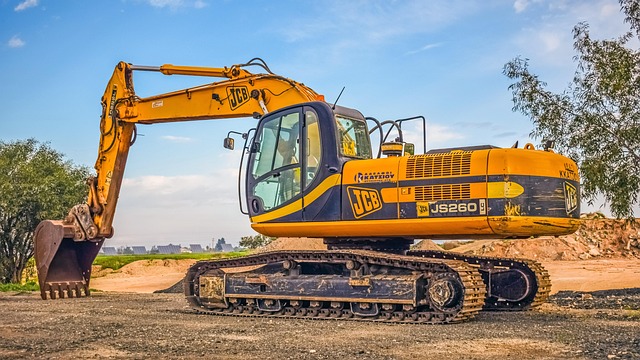
When seeking construction equipment financing, adopting strategic approaches can significantly enhance your chances of securing optimal terms and conditions. One key strategy is to thoroughly assess your financial health and business projections. Lenders will want to see a solid business plan and a clear understanding of your cash flow patterns. Demonstrating financial stability and a realistic understanding of project timelines increases your credibility as a borrower.
Additionally, building relationships with reputable lenders and financial institutions is invaluable. These connections can provide insights into the market and help you identify loan programs tailored to construction equipment purchases. Keeping an eye on industry trends and staying proactive in your financing search allows you to seize opportunities when competitive rates and flexible terms are available.
